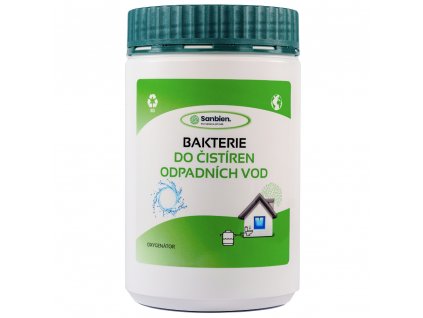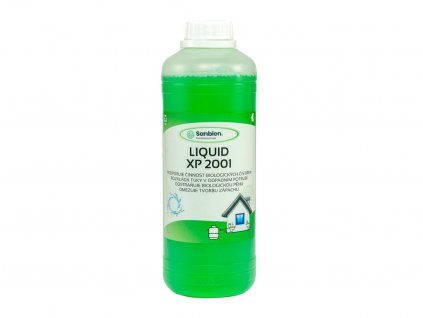Septic programs are an invisible yet important portion of several houses, quietly managing millions of gallons of wastewater every day. Recent statistics reveal that over bacteria for sewage treatment plant (bakterie do ČOV) of families in the United States work with a septic system. Yet, despite their popular use, several homeowners are unacquainted with one critical component keeping in mind these techniques working smoothly beneficial bacteria.

Why the Bacteria in Your Septic Reservoir Matter
Did you realize that the balanced septic reservoir relies on billions of germs functioning behind the views? These microorganisms break up solid spend, turning it in to water and fuel so the body does not right back up. Without enough valuable microorganisms, solids build-up quicker, increasing the risk of clogs and system failure.
A study on septic failures discovered that over 35 % were tied to the depletion or destruction of container microorganisms, usually due to the overuse of antibacterial products or improper process care.
Trending Techniques for Microorganisms Preservation
Decrease Harsh Chemical Use
Disinfectants and antibacterial soaps may hold kitchens clear, but they can be severe in your septic tank's bacteria. Take to converting to biodegradable and septic-safe cleaning products. Data display a 15 per cent decrease in septic dilemmas among homeowners who avoid tough chemicals.
Mind What Goes Down the Drain
Food leftovers, oils, and non-biodegradable goods certainly are a no-go. Even “flushable” wipes can affect microorganisms balance. Nationwide surveys suggest that households which restrict their drain and bathroom inputs experience 30 per cent less septic tank problems.
Limit Water Clog
Flooding the body with big amounts of water at once can flush bacteria out. Spread out laundry and dishwashing loads over the week to steadfastly keep up a maximum environment.
Use Ingredients Properly
Not absolutely all septic additives are manufactured equal. Though some organic, bacteria-based chemicals could help if your tank's harmony is down, substance solutions will often do more hurt than good. Based on recent knowledge, homes that depend exclusively on natural enzymes and bacteria-based additives see more stable program performance.
Schedule Typical Moving

Don't watch for problems to appear. Sustaining a constant pumping schedule (every 3 to 5 decades, depending on usage) helps helpful microorganisms thrive. Neglect increases the danger of strong escalation and difficult system failures.
Hold Your Septic Process Modern (and Functional)
Focusing in to the most recent attention traits and emphasizing bacteria health may extend your septic system's life and save you income on costly repairs. Keep tough chemicals at bay, be conscious of what you remove, and maintain a solid moving schedule. Your septic system (and your wallet) may thank you.
